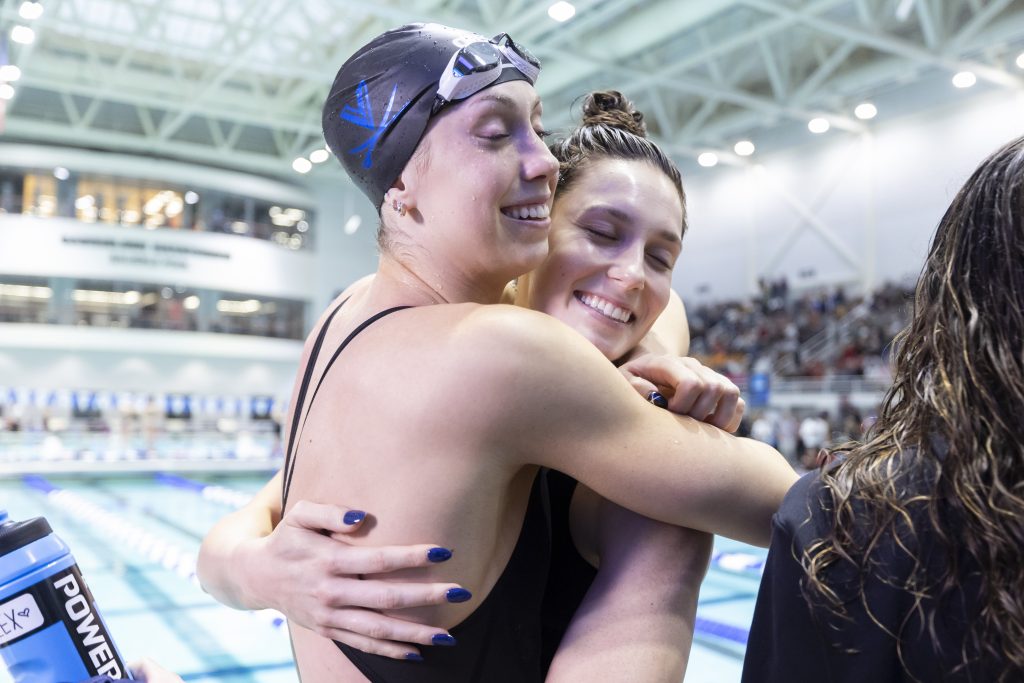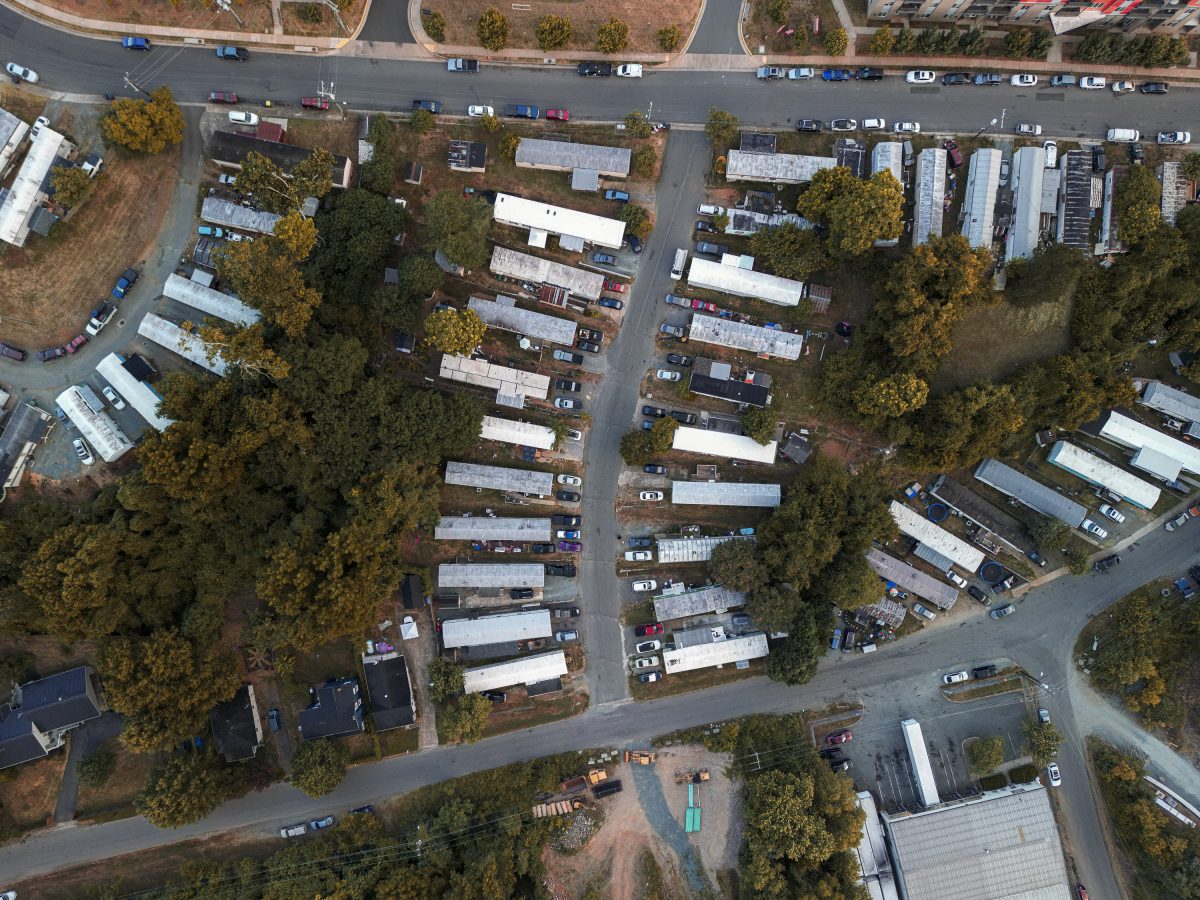Moving forward
After meeting with current residents of Carlton Mobile Home Park, Habitat for Humanity of Greater Charlottesville announced it is working to secure financing to place an offer for the property in a July 26 press release. Habitat has until August 6 to make an offer on the park, or the sale of the land on which it is sited to an unknown, third-party buyer for $7 million can proceed.
Opened in the 1970s, Carlton Mobile Home Park houses approximately 60 families. If the sale of the property goes through and tenants are served eviction notices, displaced residents will be faced with the extremely difficult task of finding comparably priced affordable housing.
According to Habitat, lot rates at CMHP currently range between $375 and $450 per month. There are currently no units available at or near that rate in the Charlottesville area in any online listings.
Habitat, Piedmont Housing Alliance, and the Legal Aid Justice Center began pursuing a potential partnership with residents immediately after tenants received notice of the anonymous offer on June 7. More than 40 percent of residents signed a petition indicating their support for Habitat placing an offer on CMHP, exceeding the 25 percent margin legally required.
Residents confirmed their interest in Habitat purchasing the park in a meeting with all three nonprofits. Based on the community conversation, Habitat and partners agreed to keep CMHP a mobile home park for at least three years while considering future plans and to cap annual rent increases at either five percent or $15 monthly, whichever is less.
Under Virginia law, manufactured home park owners must provide tenants with notice of a purchase offer at least 60 days before the potential closing date. The owner must consider any additional offers to purchase made by “an entity that provides documentation that it represents at least 25 percent of the tenants with a valid lease.”
Park owners do not have to consider offers made after the 60-day window.
It is currently unclear if the owners of CMHP were intending to sell the park when they received the anonymous offer. However, Virginia law requires park owners to provide tenants with a 90-day notice of any potential listings or sale. The 60-day window provided to residents indicates the anonymous offer was made without a listing or prior intent to sell.
As the August 6 deadline for Habitat to make an offer quickly approaches, the group and its partners are focused on financing.
“This is, admittedly, one of the most challenging efforts we’ve ever been involved in given the timeline imposed upon the process,” said Habitat President and CEO Dan Rosensweig in the release. “We and our partners feel deeply that, given the enormous stakes for the families, we have a moral and ethical imperative to do everything we can to prevent displacement.”
In a comment via email, Habitat Communications Manager Angela Guzman shared that PHA has taken the lead on procuring funds for the offer. “They have narrowed conversations down to a couple of lenders,” she says. “Funding seems to be lining up.”
COVID outbreak
Four residents and one employee of the Charlottesville Salvation Army, the city’s only year-round homeless shelter, have tested positive for COVID in the past week. Arrangements have been made for COVID-positive residents to quarantine in hotel rooms. If the spread continues, the shelter’s soup kitchen may have to switch to only providing take-out meals. Luckily, no further cases of the virus have been identified following consistent testing of residents and staff. Last year alone, the Salvation Army served more than 60,000 meals and provided accommodations for 15,000 guests.
Swimming in silver
University of Virginia swimmers Gretchen Walsh and Kate Douglass helped lead Team USA to an Olympic silver medal in the 4×100-meter freestyle relay on July 27, setting a new American record of 3:30.20. After achieving an Olympic record in the 100-meter butterfly during semifinals, Walsh took home silver in the event on July 28, with teammate Torri Huske winning gold. As of press time, Walsh will compete in the 100-meter freestyle on July 30, with the event final set for July 31. Two-time Olympian Douglass will dive back into the pool for the 200-meter breaststroke on July 31.

Photo via UVA Athletics Communications.
Shooting at Holly’s
CPD seeks assistance locating suspects and a vehicle (believed to be a mid-2000s Honda Accord) involved in a shooting that occurred at Holly’s Diner on July 23 around 11:22pm. Holly’s Diner hosts karaoke every Tuesday night, an event that draws consistent crowds. One person was shot but is expected to recover with minimal injuries.



